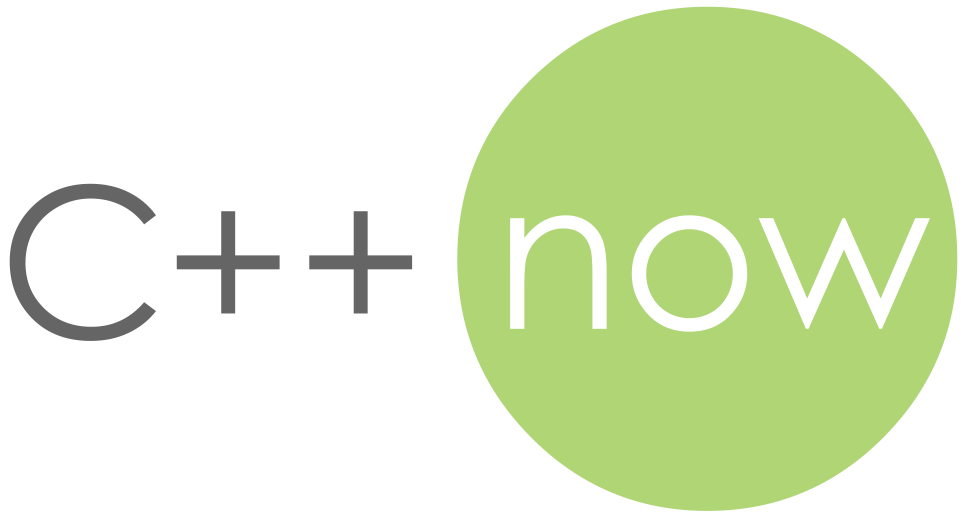Variant Visitation V2--Michael Park
Optimising accesses.
Variant Visitation V2
by Michael Park
From the article:
In 2015, I wrote an article titled Variant Visitation which described an implementation strategy for std::visit. The approach involved a matrix of function pointers, and many have raised concerns regarding poor code-gen caused by optimization limitations of function pointers on some compilers.
This post describes the switch-based approach implemented in mpark/variant, and its benchmark results...


